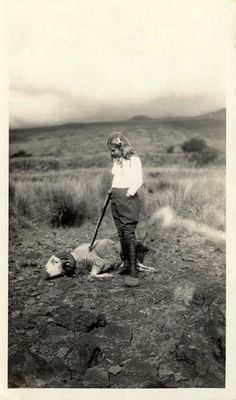
(all photographic information is unknown)
All games are governed by rules. I think of games in relationships and cringe. But I guess that games must exist like anything that's generally known to exist. Like any law of nature, gravity or instinct, or reflex; like snow piles in parking lots resembling mountains for the same forces that shape mountains shape them; or the blood-cell shape of new, moving, river-ice, pouring past the banks and bridges, pushed and pulled. Big horn sheep butting heads-- Whyte Avenue yob culture. The forces on everything are the same, and somewhere we're all shaped by these forces, and are, well, forced to act accordingly.
Patience is finite. Love is often interrupted and dissuaded by the lack of practical, relational progress. The same punched-in-the-gut feeling is known by all jilted lovers, across lovers.
Prophesy is real, but it''s by no means supernatural, nor is it a proclamation of genuine inevitability, it's merely a case of perceiving the slight, met with innate anticipation of outcome. You can feel the end, and by each acknowledgment, and each contemplation thereof, the end slides closer. Feeling the end is natural for most; if you focus on it too much though it cheats you and becomes a self-mutilating/self-fulfilling prophesy. You can see too much, you're perception becomes skewed and your motives jealous. Select insecurities further provide a basis for more gamesmanship, which in turn creates the reaction of increasing suspicions, and decreasing acceptance. Unconditional love is at last very conditional. If romantic, the truth stings you, and yet again you ponder the inconsequential, the fantastical, the very fountain of youth: a world without responsibility, a world without end.
In moments like these you falsely praise the possibility of such loss and like a fool you prematurely congratulate yourself for future conquests not yet attempted. But the pain you've known twice before will actually floor you, even killing you a little bit. And then, as before, you will stand up and walk away--- hopefully more prepared for your next endeavour, but hopefully not too acclimatized by the trauma of relationships, for that is pure bitterness.

